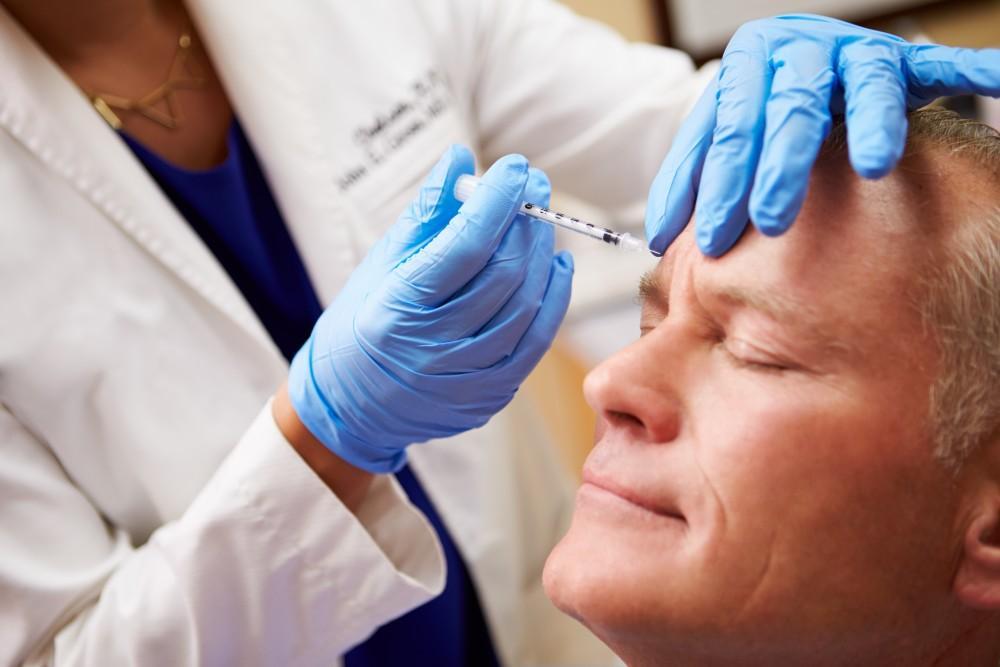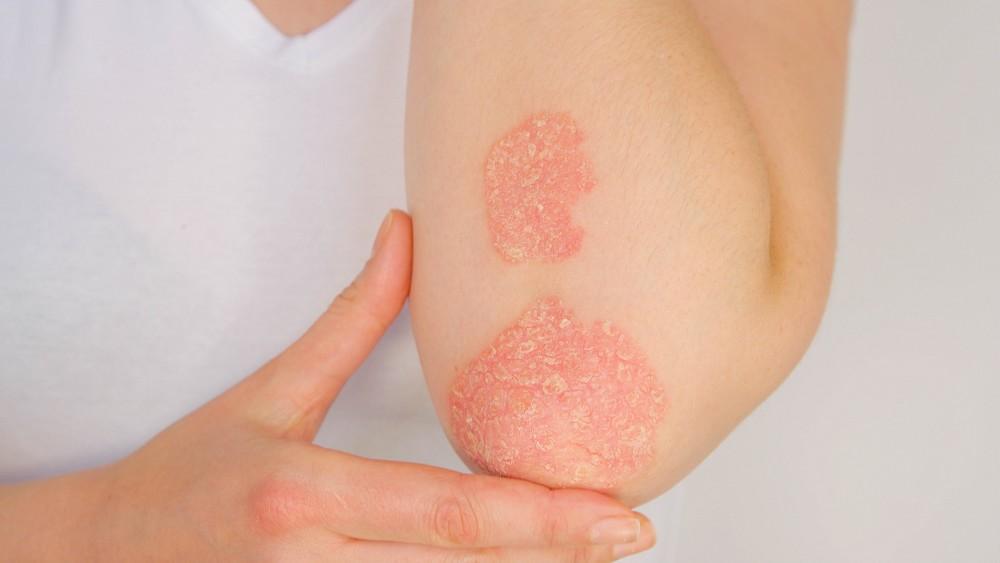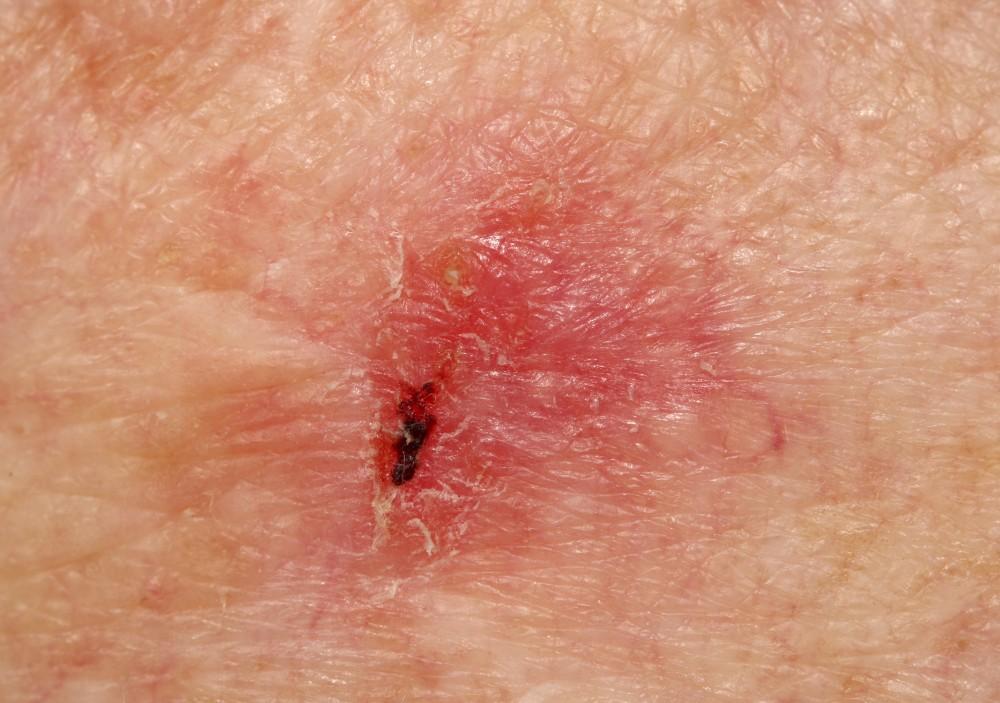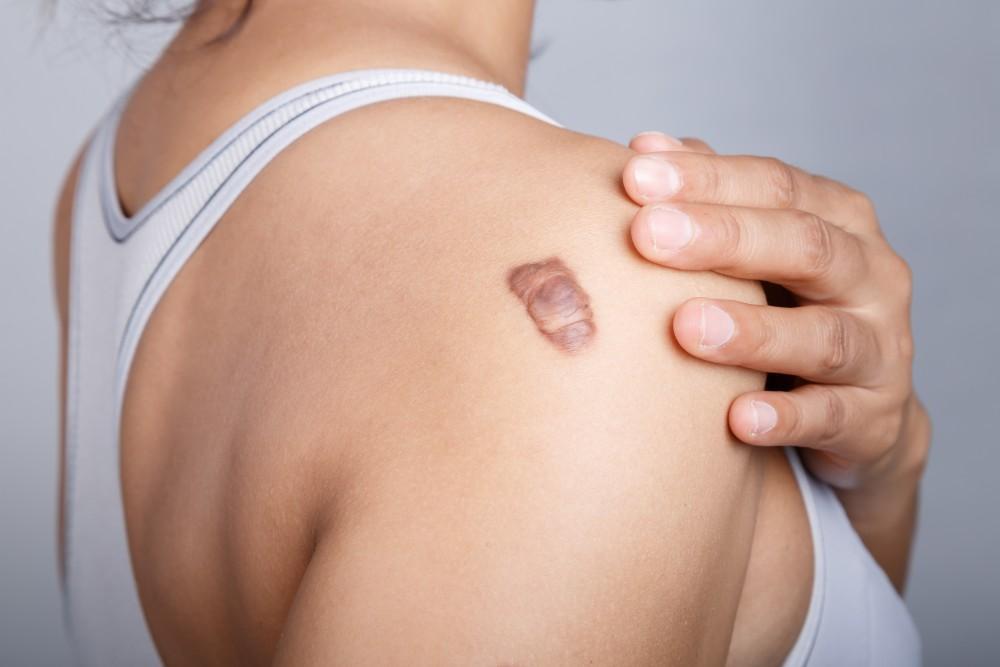
Relieving Symptoms of Psoriasis With Light Therapy

Psoriasis is a condition that can cause patches of scaly, itchy, red skin to develop on your elbows, knees, scalp, face, hands, feet, back, armpits, genital area, or elsewhere on your body. It afflicts more than 8 million Americans.
Having psoriasis can be frustrating, because the rashes may appear on your skin at any time. They look unsightly and can cause itching, burning, and stinging.
Although creams, lotions, and medications may sometimes help relieve psoriasis symptoms, light therapy offers many patients an effective treatment for symptom control. Read on as the psoriasis experts at Manhattan Dermatology, New York City’s premier dermatology practice, tell you about this important treatment option.
How psoriasis affects your skin
Psoriasis is a chronic autoimmune disease, which means it’s a disease in which your body attacks your cells. Psoriasis speeds up the life cycle of skin cells, so they build up rapidly and produce red, scaly patches on the surface of your skin.
Although psoriasis has no cure, treatment can help you manage your symptoms and control flare-ups.
Controlling symptoms with light therapy
Light therapy, also known as phototherapy, can help many patients with more severe types of psoriasis. Light therapy uses narrowband ultraviolet B (UVB) light to help control psoriasis. UVB is a type of light found in natural sunlight.
When you have light therapy for psoriasis, UVB light penetrates your skin and helps slow the growth of your rapidly growing skin cells. Light therapy can also help:
- Suppress your immune system reaction
- Reduce the itch caused by psoriasis
- Decrease inflammation
- Promote healing of the affected skin
Receiving treatment
If your dermatologist here at Manhattan Dermatology decides that light therapy is the right treatment for your condition, you come into our office on a regular basis to receive your treatment.
During your treatment, we expose your skin to UVB light for a set amount of time. Most patients who receive light therapy see a reduction in their psoriasis symptoms as well as fewer flare-ups.
You may receive light therapy alone or in conjunction with other psoriasis treatments, depending on the type and severity of psoriasis that you have.
Precise therapy
Although the UVB light used in psoriasis light therapy is found in natural sunlight, receiving light therapy from trained, experienced dermatologists using state-of-the-art medical equipment is far better than exposing your skin to sunlight for long periods of time. And it is much safer than the artificial light produced in a tanning bed, which can significantly raise your risk of developing melanoma, a very serious kind of skin cancer.
Unlike sun exposure and tanning beds, medical light therapy uses safe, precise, therapeutic doses of a narrow band of UVB light to treat psoriasis.
In some cases, your doctor may also use a laser to deliver high doses of light therapy to the affected skin.
Consistent treatment for best results
Light therapy produces the most effective results when you receive it consistently on a regular basis. Most patients require light therapy treatment several times per week.
To help make your light therapy visits as convenient as possible, our providers here at Manhattan Dermatology work with you to fit your visits into your schedule and to perform your light therapy treatments as quickly as possible.
To learn more about whether light therapy is the right treatment for your psoriasis, call either of our two Manhattan locations — on Park Avenue or East 36th Street — or request an appointment using our convenient online booking tool.
You Might Also Enjoy...


5 Tips to Make the Most Out of Botox® Treatments

Does Psoriasis Run in Families?

Do I Really Need Treatment for Basal Cell Carcinoma?

Are All New Moles in Adulthood Cancerous?


